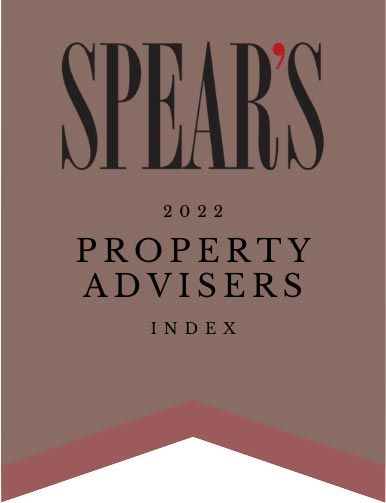The COVID-19 pandemic has transformed almost every aspect of the way we live and work. For businesses, home working has been one of the most dramatic changes associated with the pandemic. The necessity of home working has prompted a technological revolution in many organisations, forcing them to update outdated systems, digitise manual processes and invest in new technological infrastructure, such as cloud-powered systems which allow users to access documents and connect with each other from anywhere in the world.
While the pandemic has been a period of great uncertainty for many organisations, this technological revolution has improved the employee experience for many workers. Many employees have relished the opportunity to work from home and have seen their productivity skyrocket as they’ve gained more control over their working patterns and environment. To attract and retain a talented workforce and meet employee expectations, many businesses have been forced to reconsider the role the office plays within their organisation — creating opportunities for commercial developers who can help businesses meet organisational change.
From corporate HQs to flexible hubs
In response to a seismic shift in the adoption of remote working, many businesses have moved to a distributed work model, which supports employees in pursuing on site, fully remote or hybrid working patterns. Since offices are no longer the de facto location employees must attend every day, many offices have been reinvented as social hubs to help with relationship-building and communal experiences within remote and hybrid teams.
Paul Welch, CEO of largemortageloans.com, has said that he anticipates an increase in demand for flexible, local office spaces: “Offices are being remodelled. We have experienced an influx in enquiries for developers looking for local office hubs that will become an amalgamation of cafes, gyms, meeting spaces and social areas. These co-working spaces will incorporate a sense of lifestyle. We are innately sociable animals, and while we would like to benefit from the flexibility and convenience of working close to home, there is also a desire to have a dedicated working environment separate from home.”
Since offices no longer need to run at full capacity, many developers are seeking to remodel their office spaces, incorporating social facilities such as meeting spaces, break-out rooms, or coffee shops, or even perks which employees won’t have access to at home, such as on-site gyms. Technological advancements means that we can all access essential files and high-speed internet from home — the onus is now on the office to provide communal experiences, something we’ve all sorely missed during lockdown. In many ways, the rise of co-working spaces mirrors the build-to-rent market, which prompted developers to place greater importance on building properties that create experience and community, rather than focusing on mere functionality.
The rise of the local office
Shifting work patterns have prompted developers to rethink their office locations, as well as facilities. Historically, investors and developers have concentrated their investment on city centre tower blocks, but as Paul Welch, CEO of Large Mortgage Loans notes, there is now “a burgeoning demand for flexible working spaces close to residential areas, especially near towns and on the peripheries of cities.” Freed from the daily commute, many workers will now only work from their offices if it is convenient for them. Investors and developers will need to shift their strategies to reflect this change in working habits. While a tower block in Canary Wharf may have been a safe bet for investors ten years ago, the commercial landscape has changed dramatically, and the future looks uncertain for many former commercial centres.
While historically, many developers would not have been prepared to invest in mixed-use developments due to tight regulatory restrictions, there is now significant financial reward for developers who create fluid, social office spaces, where employees truly want to spend their time.
Investing in mixed-use spaces will provide a net positive for organisations, too. Allowing for a hybrid-working model will improve employee engagement and work/life balance, accommodating a range of working patterns and preferences. Providing perks like fitness facilities will benefit employee’s health, resulting in a happier, more engaged workforce with an increased sense of wellbeing. Businesses must engage with, rather than resist, this revolution in work — or else they could risk losing their employees.
If you’re interested in investing in expanding or remortgaging your commercial property portfolio, Large Mortgage Loans are here to help. We provide creative solutions for sophisticated financial portfolios. Find out more about our commercial property offering here.




















